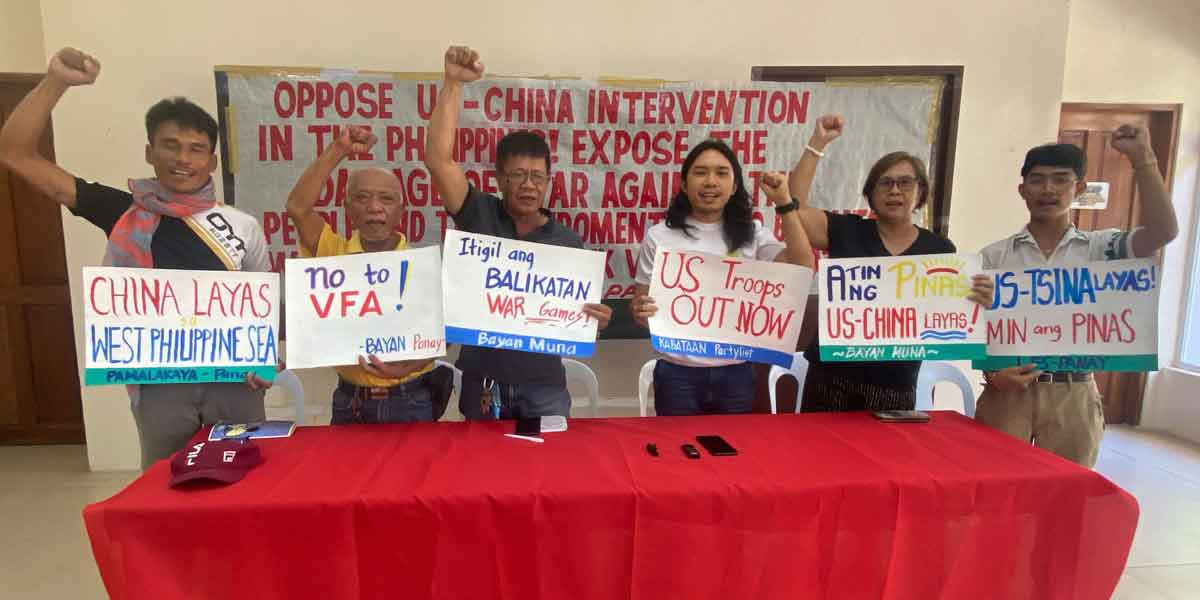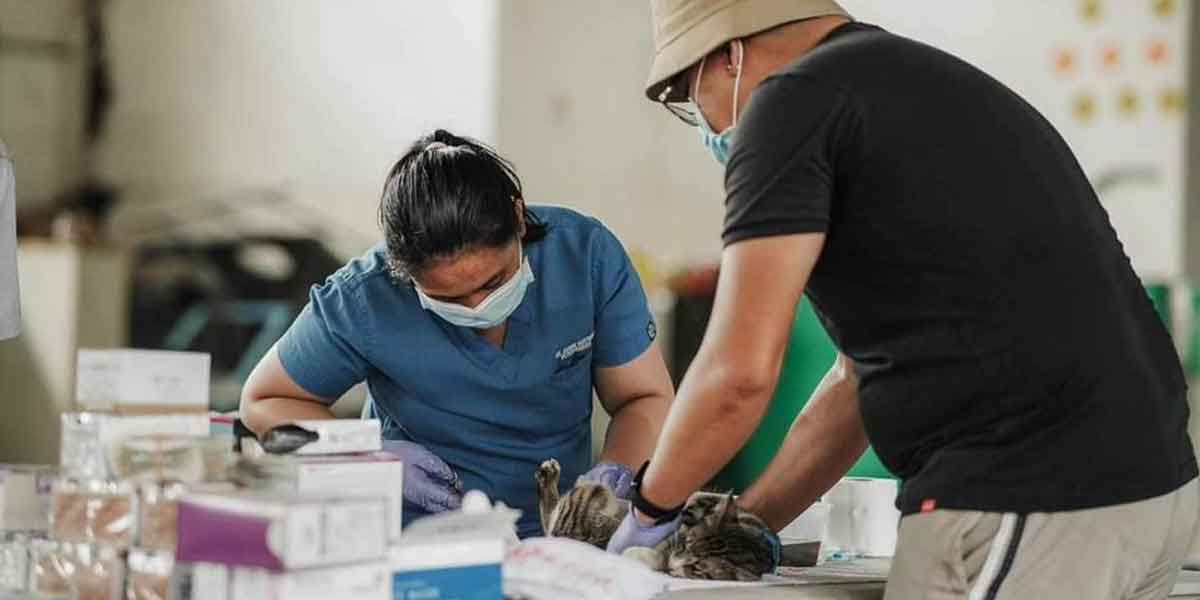 IN OUR task of apostolate, we should see to it that our dealings with others should be such that we inspire love rather than fear in them. We should avoid bullying others in whatever form it comesphysical, verbal, emotional, psychological, etc.so that they may go to God.
IN OUR task of apostolate, we should see to it that our dealings with others should be such that we inspire love rather than fear in them. We should avoid bullying others in whatever form it comesphysical, verbal, emotional, psychological, etc.so that they may go to God.
To be sure, God does not want that anyone goes to him more because of fear rather than of love. In fact, even in the dealings among ourselves, we want that we be loved rather than feared by others. We should therefore be careful that in our effort to help others in their relation with God, love should be the driving force, not fear and violence.
We have to practice extreme delicacy and tenderness in our apostolic dealings, which does not mean that there is no forcefulness involved either. Lets remember that in one of the parables of Christ, there is mention of the compelle intrare (compel them to come in). (cfr Lk 14,17-24)
This is in the parable of a master asking his servants to call the invited guests to his feast. Since the invited guests offered all sorts of excuses not to come, he ordered his servants to go to the highways and hedges, and compel people to come in, that my house may be filled. (Lk 14,23)
Just the same, this forcefulness does not mean that we can do away with delicacy, gentleness and compassion in our dealings with others, especially those who are not quite ready yet to receive Christ, or who may even be hostile to our apostolic action.
This is simply because we have to respect the freedom of everyone, even if that freedom is not exercised properly. In that case, we have to go to the process of explaining things slowly and delicately, preceding, during, and concluding it with prayers and sacrifices.
We have no right to impose ourselves on others, and to trample on their freedom. Even if we manage to force others to comply with our commands to be with God, if they do it not freely, nothing is actually achieved. In fact, a worse scenario may even be created.
We have to be wary of our tendency to control peoples lives and freedom. That is not the way Christ dealt with everyone. Yes, he proclaimed the truth in different ways, some in a soft way and others in a rather strong way, but in the end he did not force anyone to follow him.
He practically begged to be believed and followed, and this he did all the way to offering his very own life. As Christ put it, I, when I am lifted up from the earth, will draw all men to myself. (Jn 12,32)
This is because we are not the owners of anyones conscience. God is the only owner. We are at best stewards, tasked to help others in the name of God. And given the complexity of this business of apostolate which is something eminently spiritual and supernatural, we need to practice a lot of restraint and moderation, thoughtfulness and patience, since we will be involved in some mysteries which we cannot fully fathom.
Thus, we have to avoid appearing as if we know everything, even if we are aware that we know a lot of things. We cannot be too sure if we are hitting the mark when make our apostolic moves. The best that we can do is to be delicate and gentle in our dealings, never acting like a bully or being too pushy.
More importantly, we need to pray a lot and offer a lot of sacrifices, always appealing to Gods mercy and wisdom. God is the only one who can make the impossible possible. We have to allow others to grow and mature spiritually in a way that is done in freedom and love.
Email: roycimagala@gmail.com





















